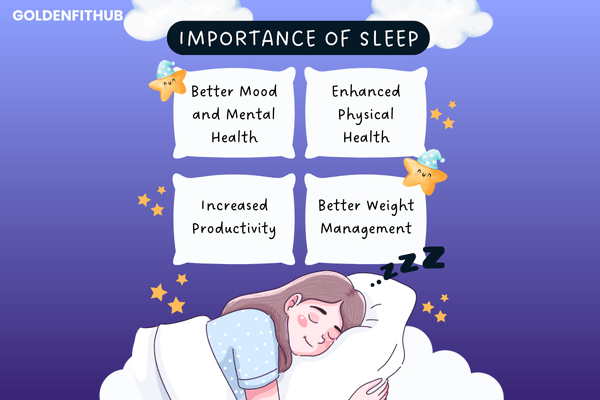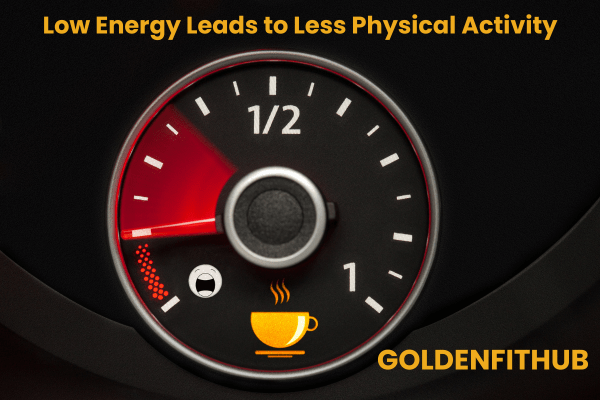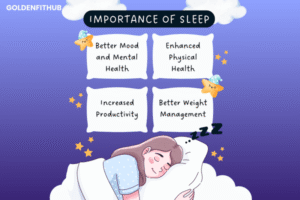
In today’s fast-paced world, understanding the relationship between sleep and weight loss is more important than ever. When people think of weight loss, they often focus on diet and exercise. But there’s one powerful factor that’s frequently overlooked — sleep. Yes, your sleep habits have a direct impact on your ability to lose weight and keep it off. In this blog, we’ll explore the science behind sleep and weight loss, backed by research, and explain why getting enough rest might be the missing piece in your fitness journey.
1. Sleep Regulates Hunger Hormones
Sleep controls two major hormones related to appetite: leptin and ghrelin. Leptin tells your brain you’re full, while ghrelin triggers hunger. When you don’t get enough sleep, leptin drops and ghrelin rises — making you feel hungrier and increasing the chances of overeating. This hormonal imbalance can easily lead to weight gain even if your diet seems under control. Many underestimate how deeply sleep and weight loss are connected through hormone regulation.
2. Lack of Sleep Increases Stress Hormones
Sleep deprivation boosts the level of cortisol, the stress hormone. High cortisol not only increases belly fat but also triggers sugar cravings. Chronic stress from lack of sleep can sabotage your weight loss goals even if you eat healthy during the day. Over time, this stress can lead to emotional eating and reduced motivation to stay on track with your fitness plan.
3. Poor Sleep Slows Down Your Metabolism
Your body burns calories even while at rest. But with inadequate sleep, your resting metabolic rate slows down. A slower metabolism means fewer calories burned, leading to gradual weight gain. In fact, even small changes in sleep duration can impact how your body stores fat and burns energy throughout the day.

4. Low Energy Leads to Less Physical Activity
Sleep-deprived individuals often feel fatigued and less motivated to work out or stay active. This lack of physical activity leads to fewer calories burned and more fat stored. On the other hand, people who sleep well tend to feel more energetic, focused, and consistent with their workouts — a key to long-term success.
5. Sleep Helps with Muscle Recovery
During deep sleep, your body goes into repair mode. It regenerates muscle tissue damaged during workouts. Without proper sleep, recovery is incomplete, leading to poor performance and lower muscle growth, which affects fat burning. Recovery is essential for building lean muscle mass, which increases your metabolism and helps with fat loss.

6. Late-Night Snacking Is Linked to Poor Sleep
Staying awake late increases the chances of mindless snacking, usually on unhealthy foods. Going to bed early and sticking to a routine can significantly reduce calorie intake at night. Research shows that people who sleep earlier and for longer hours tend to make better food choices during the day, further supporting weight loss.
7. Better Sleep Improves Self-Control and Mood
A well-rested brain has better emotional control, helping you resist junk food cravings and make healthier choices. Poor sleep affects your mood and willpower, making you more likely to binge. People who sleep better report higher satisfaction with their body image and feel more motivated to stick with their health goals.
Tips to Improve Your Sleep and Support Weight Loss
- Maintain a consistent sleep schedule.
- Avoid caffeine or heavy meals before bed.
- Reduce screen time at night.
- Keep your bedroom dark, cool, and quiet.
- Try light yoga or meditation before sleep.
Small lifestyle changes like creating a calming bedtime routine or limiting screen exposure an hour before bed can make a significant difference. Quality sleep should be treated as a core part of your weight loss strategy — not a luxury. The National Sleep Foundation explains how sleep affects appetite and energy levels.
Final Thoughts
The link between sleep and weight loss is not a myth — it’s backed by science. Good sleep supports hormonal balance, metabolism, and mental clarity, all of which are crucial for sustainable weight loss. So, while you’re working hard on your workouts and diet, don’t forget to make quality sleep a top priority. To truly succeed in your fitness journey, don’t ignore the powerful connection between sleep and weight loss.
Related Articles You May Like:
🔗 How to Lose Belly Fat – 7 Proven Strategies That Actually Work
🔗7 Day Home Workout Plan to Kickstart Your Fitness Journey
🔗 How to Lose Belly Fat in 2 Weeks – Fast & Effective Guide
Check Out Our FREE 7-Day Diet Plan for Women
Want to lose weight naturally and effectively? Our FREE 7-Day Weight Loss Diet Plan is designed especially for women, focusing on simple, nutritious, and easy-to-follow meals. This plan not only helps you manage your weight but also emphasizes the importance of maintaining balanced energy levels through proper nutrition and sleep.
🎁 Get Your FREE 7-Day Weight Loss Diet Plan!
Start your fitness journey with our specially designed 7-Day Diet Plan for Women. It’s natural, effective, and easy to follow!
📖 View eBook Now
